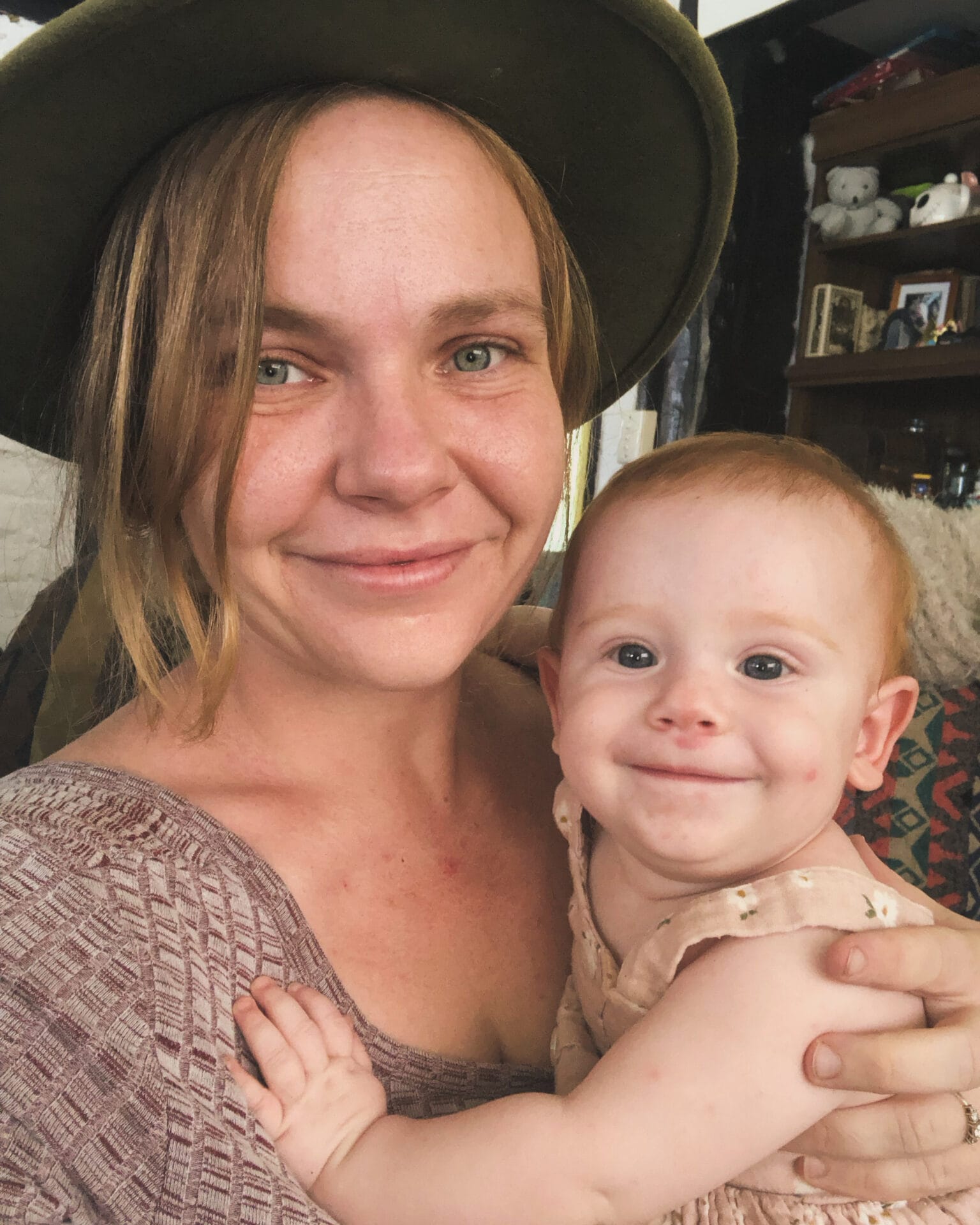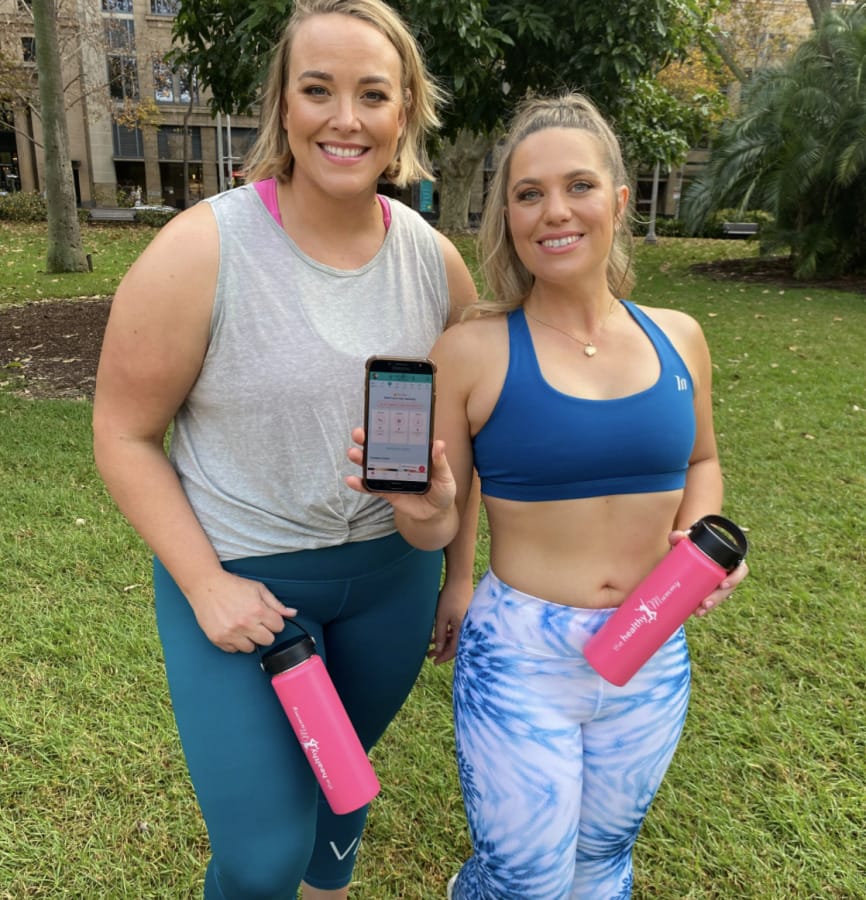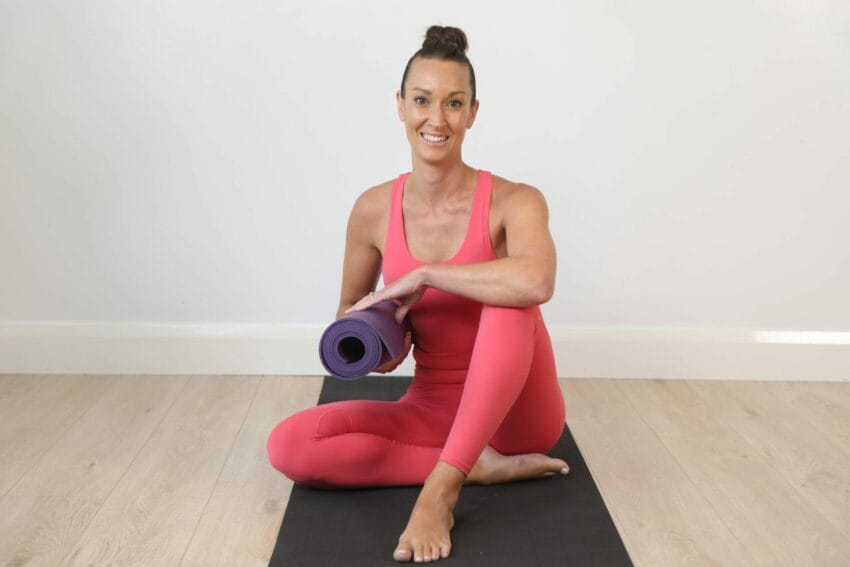How does yoga reduce stress and anxiety?
Modern society is stressful and there aren’t many places we can go and fully switch off. Women are juggling more with work, kids and everything else, so no wonder more people are seeking out yoga as part of their weekly exercise routine.
Not only does yoga help stretch your muscles, it helps improve strength balance and flexibility but best of all it helps reduce stress and anxiety.
Here’s how…

Yoga is more than just stretching
Yoga is a practice that encourages physical and mental relaxation. It combines physical poses, controlled breathing as well as relaxation.
The different postures help relieve tension and release mood-boosting endorphins. Most yoga classes focus on being in the present moment and there’s an element of meditation or shavasana at the end.

During each class, physical and mental disciplines are taught to help you achieve a peacefulness and this can help you relax after a hectic week.
In fact, according to a various studies yoga stretches reduce cortisol levels, a stress hormone, and those who practice yoga are significantly less stressed, depressed or suffer from anxiety.
Different types of yoga
Hatha
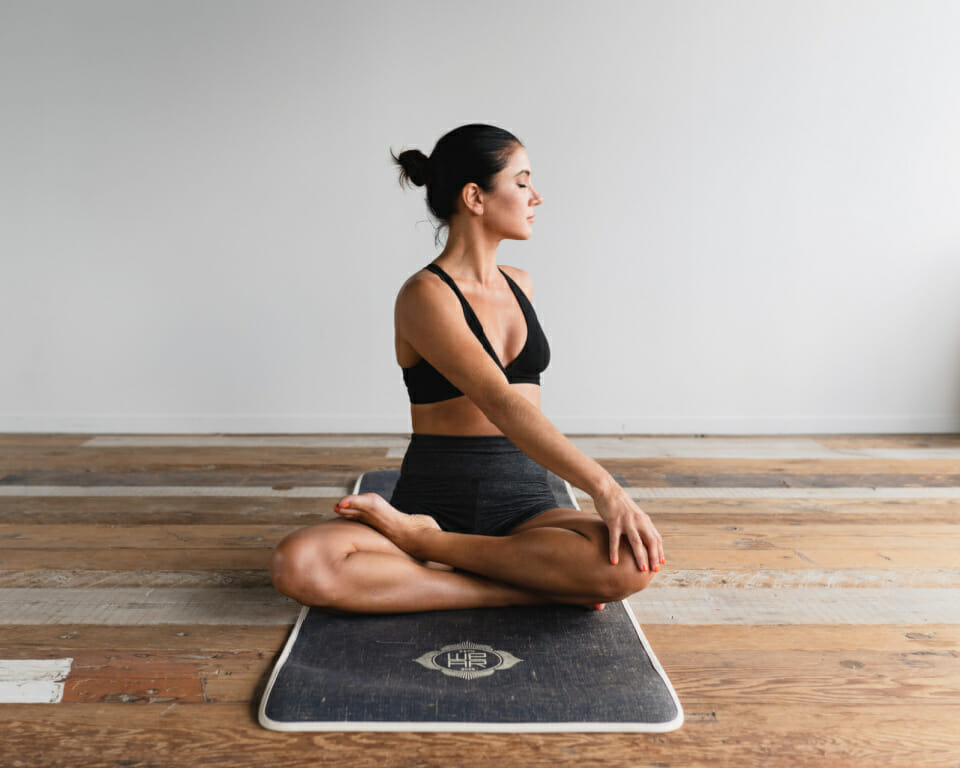
Hatha entails a more focused type of stretching. You will move your body into different poses that challenge your strength and flexibility, but at the same time it also focuses on relaxation and mindfulness.
Yin

Yin yoga helps alleviate any pain and tension. It is the practice of holding a pose for an extended period of time. The idea behind this is that it stimulates the muscles, helps to balance your emotions, boost circulation, improve your sleep and develop breath awareness.
Vinyasa
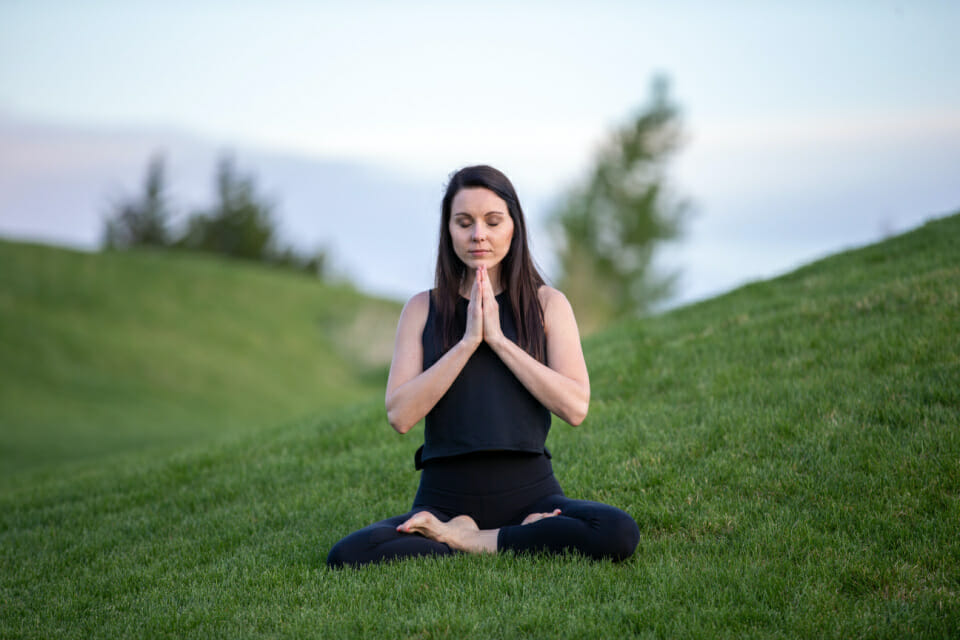
This type of yoga focuses on connecting the breath to your movements. It is set at a faster pace to Hatha yoga. Focus on the breath helps calm the mind. This will also help align the body and the mind.
Bikram
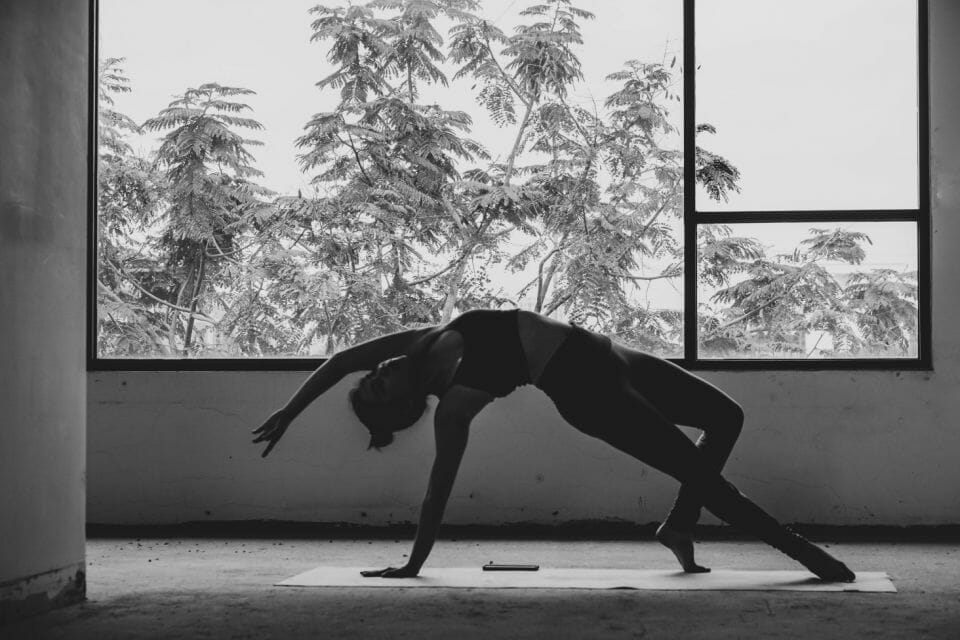
Bikram yoga is usually 90 minutes long and a type of hot yoga in which practitioners perform 26 asanas (poses) and two Pranayama breathing exercises. It if often done in a hot room heated around 40 degrees Celsius. Bikram yoga is said to reduce the symptoms of depression and emotional eating.
This fast paced yoga helps boost your serotonin levels which is an important hormone responsible for regulating your mood.
Restorative yoga
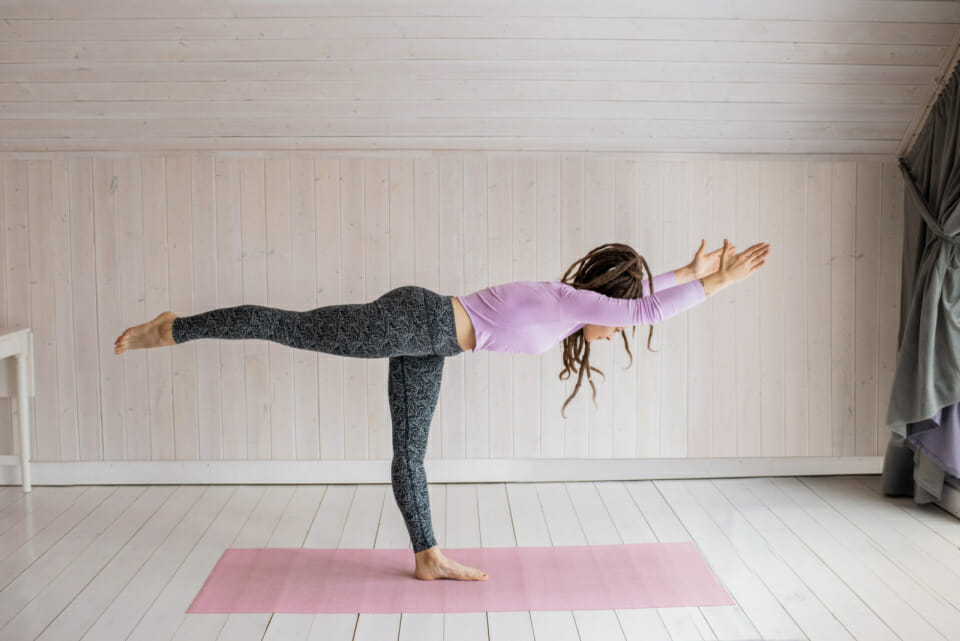
Restorative yoga encourages physical, mental, and emotional relaxation. It is performed at a slow pace, focuses on long holds, stillness, and deep breathing and this helps still a busy mind, deeply relaxes the body, balances the nervous system and boosts the immune system. It’s a great yoga to do to help healing and balance.
Yoga helps regulate your hormones and improve your mood.
There are many other different types of yoga, but these are the most common ones. What’s more, the meditating element incorporated into all types of yoga helps you better focus and concentrated, improves self-awareness and self-esteem.

We can’t think of a better exercise to help regulate your hormones, improve your mood and overall wellbeing than yoga!
Try the Wellness Yoga workouts now available in The Healthy Mummy App.


